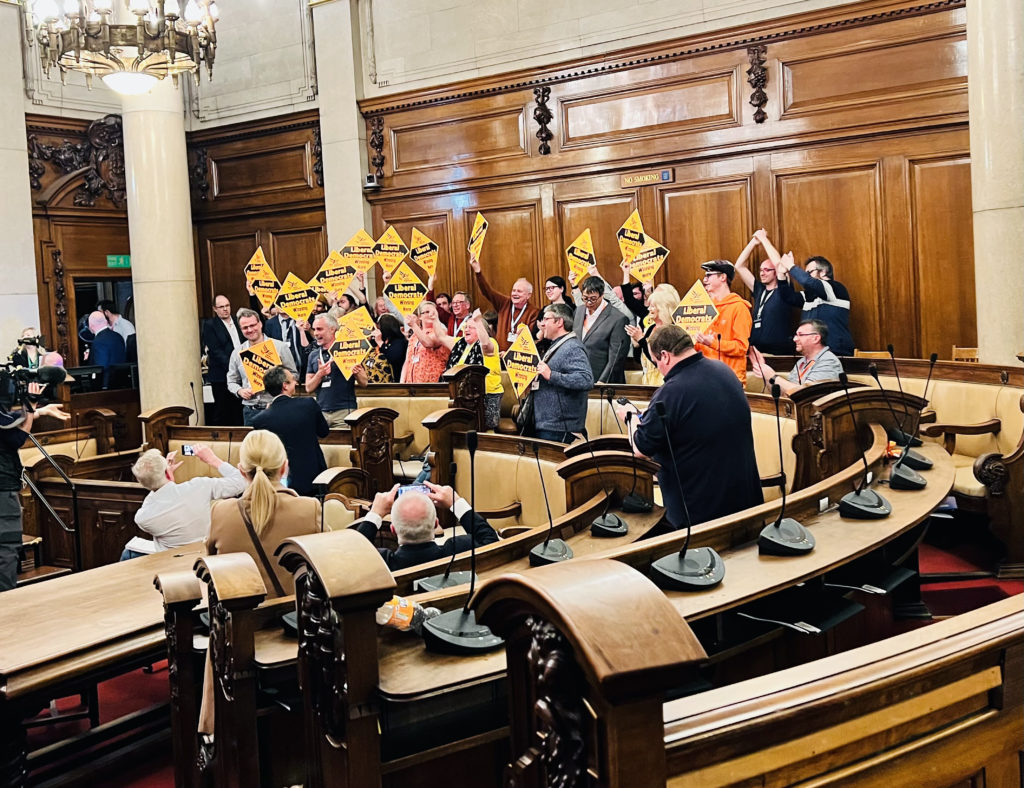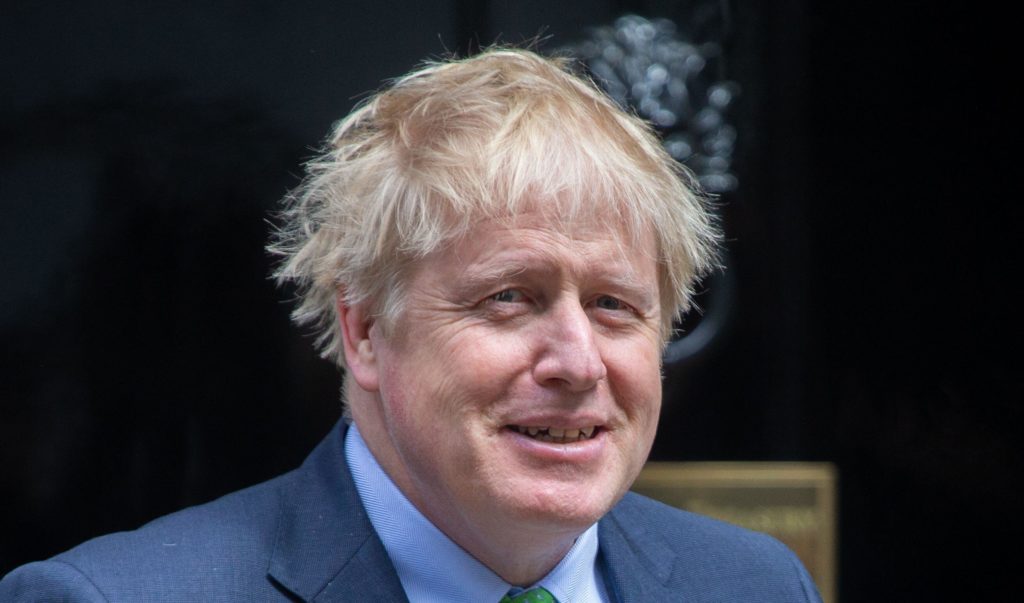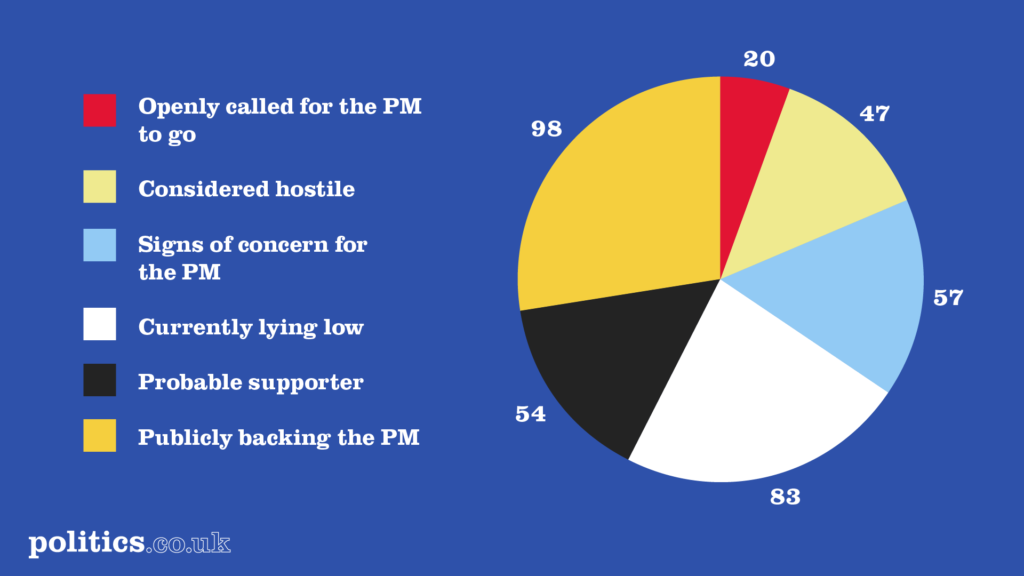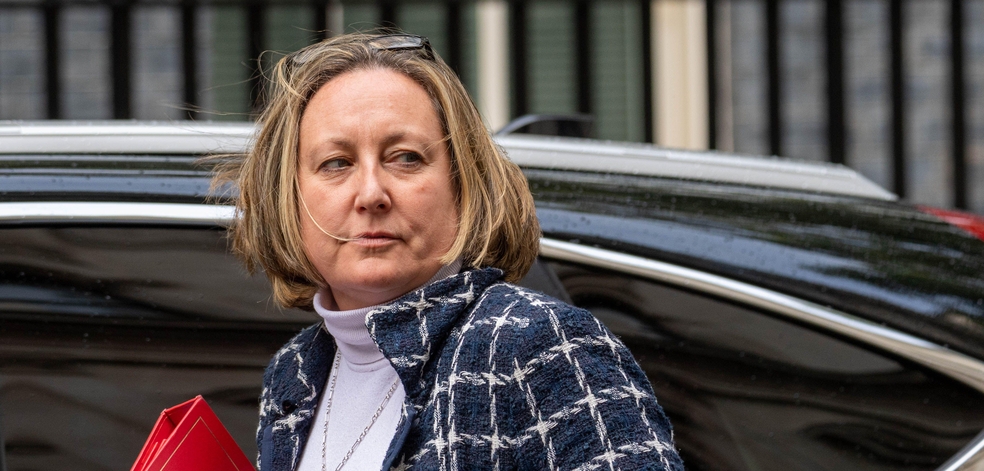What is extremism
In broad terms, extremism is the vocal or active opposition to conventional values. This is often fueled by a narrow belief which can steer an individual into terrorism
The UK government defines extremism as “vocal or active opposition to fundamental British values, including democracy, the rule of law, individual liberty and mutual respect and tolerance of different faiths and beliefs”.
Terrorism is an example of extremist conduct intended to advance a political, religious, or ideological cause. The process by which someone comes to adopt extremist views is known as radicalisation.
Any belief or view is vulnerable to extreme interpretation: political standpoints, religious interpretation, social causes are among the most common.



Extremism can be political or religious
The 2013 Government report ‘Tackling Extremism in the UK’ stressed the necessity of limiting extreme conduct in all forms, stating, “The UK deplores and will fight terrorism of every kind, whether based on Islamist, extreme right-wing or any other extremist ideology.”
Extremism in the UK
Extremism in the UK dates back to the 1800s. The focus of terrorism in the UK over the last fifty years has been dominated by the conflict in Ireland, and more recently, by the threats from Islamic terrorism and far right terrorism.
Between 1970 and 2016, the UK experienced 5,227 terror attacks, which resulted in 3,420 deaths. Among the deadliest since the turn of the Century have been the London Underground Bombings of July 2005 and the Manchester Arena Bombing of May 2017.
Within Europe, recent terrorist incidents include the Nice Bastille Day attack 2016 and the Berlin Christmas market attacks of the same year.
Islamist extremism
On 11th September 2001, Islamist extremists hijacked four planes which were flying across the United States of America. Two of the planes were flown into the twin towers of the World Trade Centre in New York, one was flown into the US military headquarters in Washington DC, and the fourth crash-landed on a field in Pennsylvania. With nearly 2,977 fatalities, this terrorist attack remains one of the deadliest incidents to have hit the Western world. There has been a marked rise in Islamist extremist terrorism around the world in the subsequent two decades.
Islamist extremism is not to be confused with traditional Islamist practice. Islamist terrorists are motivated by an extreme and distorted interpretation of Islam which typically seeks Islamic revolution through enforcing Sharia law, often through use of violence.
https://pukdevelop.wpengine.com/news-in-brief/fundamental-mismatch-between-prevents-focus-on-islamist-extremism-and-threat-posed-claims-report/
https://pukdevelop.wpengine.com/opinion-former/press-release/2015/07/02/wife-of-humanist-blogger-murdered-by-al-qaeda-calls-on-uk-government-to-do-more-to-tackle-islamic-extremism-at-home-and-internationally/
Far Right Extremism
Far Right extremism relates to those with extreme far right and white supremacist views. Far right extremists advocate the use of violence and mass murder typically in pursuit of an apocalyptic race war. They promote their ideology online, including on social media.
In June 2016, public awareness of the threat of far right extremism increased considerably after the murder of the Labour MP, Jo Cox in the West Yorkshire village where she was due to hold a constituency surgery. Thomas Mair, who held extreme far right view was found guilty of her murder and sentenced to life imprisonment with a whole life order.
Between 2017 and 2020, the police intercepted eight terrorist plots related to violent right-wing extremist ideologies. This evolving threat is evident in radicalised young people. According to the Home Office, 10 out of the 12 under 18s who were arrested for terrorism in 2019 were linked to extreme right-wing ideology.
Countering extremism in the UK
In the UK, the 2001 twin towers attack marked a heightened alert level to international terror threats.
However, in 2017, a Parliamentary briefing paper on counter-extremism emphasised the rising threat from “homegrown” terrorists; that is, those whose perceptions have been radicalised on British soil.
Extremism Online
The internet has grown to be the most common platform for radicalisation. Exploiting the anonymity of online forums and social media sites, vulnerable people are targeted by extremists wanting to recruit individuals to their cause.
Following the terror attacks in London and Manchester, the then, Prime Minister Theresa May reiterated the need to “regulate cyberspace to prevent the spread of extremist and terrorism planning.”
A 2012 Report by the House of Commons Home Affairs Select Committee called on the government to work with internet service providers to remove all extremist material online. According to the Home Office, following the introduction of the Prime Minister’s Extremism Task Force in 2013, approximately 18,000 pieces of online terrorist propaganda were successfully removed.
The Government also pledged to work with internet companies to limit the availability of extremist material which is hosted overseas.
Extremism in schools and universities
Young people are particularly vulnerable to the influence of hateful extremism and, over the past decade, have been subject to increasing attempts of radicalisation through exposure to narrow ideologies.
The government has focused in particular on the way in which extremist preachers have been known to exploit secondary and higher education systems as platforms for spreading their beliefs.
In July 2013 the government’s counter-extremism strategy committed to working with universities most susceptible to radicalisation, providing specialist training and educating around the early signs of extremism. The following year, the government enforced robust policies to ensure that all UK schools were supporting fundamentally British values while protecting them from extreme or anti-establishment voices.
In July 2015, these strategies were enforced further by placing legal responsibility on schools and universities to “show due regard” to the need to prevent a young person from being drawn into terrorism.
Extremism in Prisons
A 2018 report by the Council of Europe branded prisons “a breeding ground for radicalisation and violent extremism”.
In the UK, the government has stressed its concern that prisons house some of the most dangerous extremists in society. Criminals who are already predisposed to violent behaviour face higher and more acute risks of radicalisation.
In response to this, the government has recruited Muslim Prison Chaplains to lead one-to-one sessions challenging prisoner views rooted in, or tending to, extreme perceptions of Islam.
Laws on correspondence have been tightened to prevent extremist material from entering prisons, and prisoners are more closely monitored ahead of release.
Proscribed Groups
The Home Secretary is also able to lay proscription orders before Parliament in order to ban certain groups under the Terrorism Act (2000). Proscription makes it a criminal offence to be a member of, or invite support for, a particular proscribed terrorist group, with those found guilty facing up to 10 years imprisonment.
In 2020 there were 76 proscribed groups in the United Kingdom. These predominately comprised Islamic and white supremacist terror groups. A further 14 organisations in Northern Ireland remain proscribed under previous legislation.
https://pukdevelop.wpengine.com/comment-analysis/2019/10/09/a-liberal-approach-to-extremism-is-taking-shape-but-will-the-govt-let-it-survive/
https://pukdevelop.wpengine.com/blogs/2016/03/29/prevent-anti-extremism-strategy-creating-suspicion-in-the-classroom/
https://pukdevelop.wpengine.com/blog/2015/11/13/comment-the-investigatory-powers-bill-will-do-nothing-to-tackle-violent-extremism/
Quotes
“Extremism thrives amid ignorance and anger, intimidation and cowardice”, Hillary Clinton, Women in the World Summit, Keynote Speech (2013)
“Under the guise of counter-terrorism, the state has acquired totalitarian-style surveillance powers and this is the most intrusive system of any democracy in history,” – Silkie Carlo, senior advocacy officer at Liberty(2017)
“The so-called cancel culture on the Internet, the extremism that sometimes flares up on university campuses and newsrooms, and the exaggerated claims of those who practice identity politics are a political and cultural problem that will require real bravery to fight”. Anne Applebaum, Laura Ingraham’s Descent into Despair (2020)
“Political extremism involves two prime ingredients: an excessively simple diagnosis of the world’s ills, and a conviction that there are identifiable villains back of it all” John W. Gardner, A Nation is Never Finished, ABA Journal, vol.53 (1967) p.1011.
Statistics
In the UK, the vast majority of the population support the prevention of terrorism in exchange for reduced privacy: in 2010, a survey revealed that nine in 10 are happy with a proportionate loss of privacy in certain circumstances, such as full-body scanners in airport security checks. [Source – Poll of 10,000 people by IT firm Unisys]
Between September 2001 and 2020, there have been 4,452 terrorism-related arrests in the United Kingdom. 2,424 of these were made under Section 41 of the Terrorism Act (2000). [Source – House of Commons library, 2020]
Individuals identified as vulnerable to being drawn in to terrorism can be referred through the Prevent Strategy to a multi-agency Channel programme, to receive early intervention safeguarding support. Of the 561 individuals who were adopted to a local Channel panel in 2018/19, 254 were (45%) were referred for concerns related to right wing terrorism and 210 (37%) were referred for concerns related to Islamist terrorism. [Source – Home Office, 2020]
https://pukdevelop.wpengine.com/comment-analysis/2014/10/31/mays-extremism-asbos-could-lock-up-muslims-for-thought-crime/



















